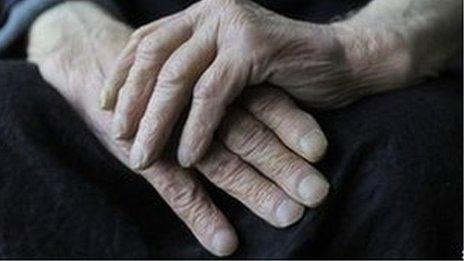Dying need 'free social care', cancer campaigners say
- Published
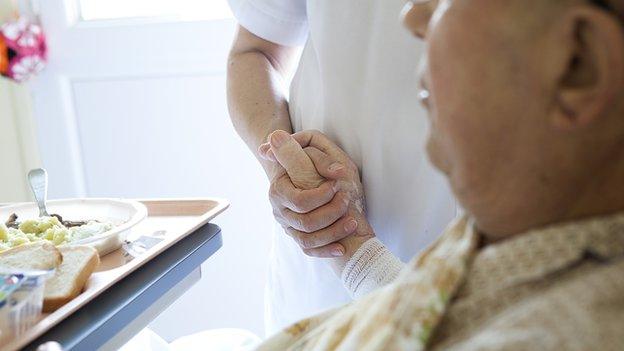
Providing free social care could save £69m a year on the care of cancer patients alone, the report says.
Free end-of-life social care is needed to save the NHS in England money and improve patient care, campaigners say.
Macmillan Cancer Support says it could save the NHS in England £69m a year on the care of cancer patients alone.
Its analysis, external is based on a review of patient surveys, official NHS spending data and interviews with senior decision-makers.
Social care is currently means-tested, but ministers are considering providing it to everyone at the end of life.
About half of people end up dying in hospital despite eight in 10 saying they would prefer to die at home.
Macmillan's analysis said this equated to about 180,000 people spending their last days in hospital against their wishes.
Savings
The cost to the NHS of this was estimated to be £685m a year, Macmillan said.
If those patients were cared for in the community via a combination of community NHS services and social care the cost would be £340m - a saving of £345m.
Of those 180,000 patients, about 36,000 are cancer patients. This would equate to a saving of £69m if they were able to die at home, Macmillan said.
Earlier this week the Association of Directors of Adult Social Services warned the current system of social care was "unsustainable" because of a lack of funding and rising demands.
Macmillan chief executive Ciaran Devane said: "We urgently need to reform end-of-life services in England. Every day around 100 cancer patients die in expensive hospital beds when they wanted to die at home.
"This is both morally wrong and a scandalous waste of precious NHS resources."
A Department of Health representative said: "We want to make sure that people nearing the end of their lives can choose where to spend their last days and have more of a say on how they are cared for.
"We are currently reviewing how to improve the quality and experience of care at the end of life and the system for funding it."
- Published14 May 2014
- Published15 July 2013
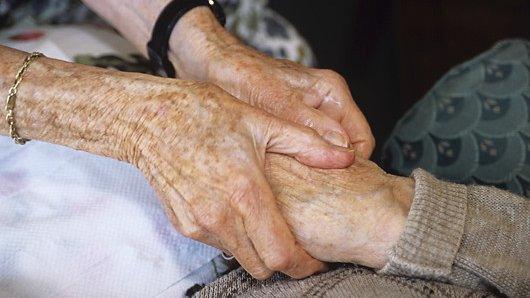
- Published13 July 2013
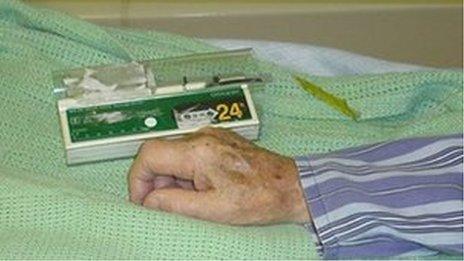
- Published1 November 2012
- Published13 July 2013

- Published27 June 2013

- Published22 January 2013
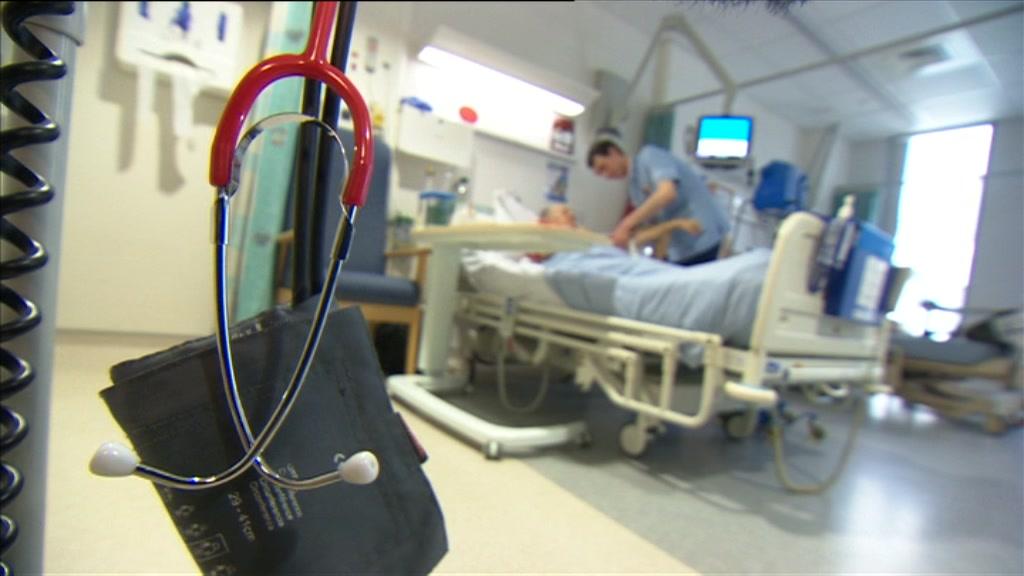
- Published26 November 2012
